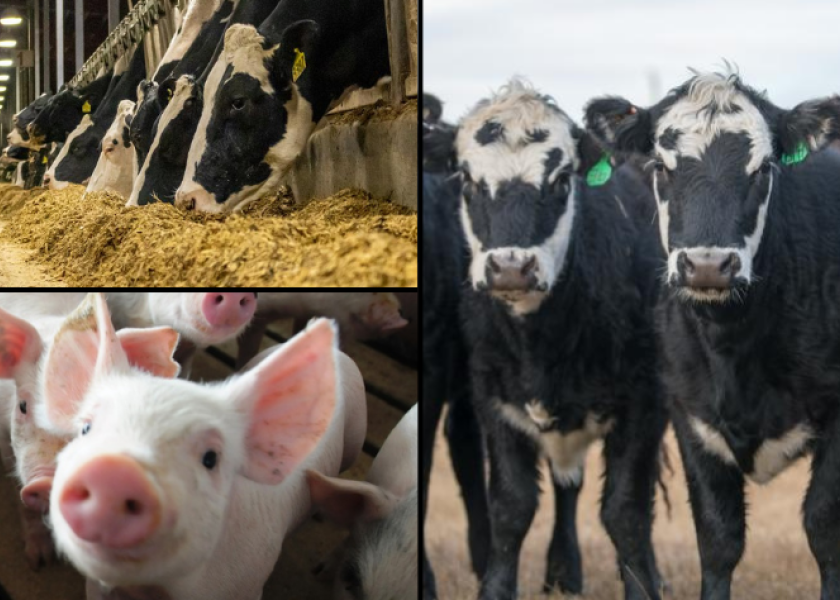House Committee Establishes Agricultural Labor Working Group: Targeting Solutions for Labor Shortages

The House Committee on Agriculture has established a bipartisan Agricultural Labor Working Group to address the pressing labor challenges faced by the agricultural industry. Chairman Glenn "GT" Thompson (R-Pa.) and Ranking Member David Scott (D-Ga.) emphasize the need for reliable labor in agriculture in a recent statement.
The Agricultural Labor Working Group brings together members from diverse agricultural sectors. Through bipartisan collaboration, the group aims to tackle labor shortages and related challenges that agricultural producers face.
Prioritizing bipartisan efforts over partisan grandstanding, the working group seeks to gather input from stakeholders, employers and workers, with a particular focus on evaluating and improving the H-2A visa program for nonimmigrant agricultural workers. By understanding the program's shortcomings and its impact on food security, the group aims to develop targeted recommendations for enhancing the labor landscape.
Congressmen Rick Crawford (R-Az.) and Don Davis (D-N.C.) will co-chair the working group.
Julie Anna Potts, president and CEO of The North American Meat Institute, recently briefed members of the group.
“Our member companies of all sizes tell me their biggest challenge is a stable workforce,” says Potts, in a release. “Labor problems in the processing sector will hurt both upstream producers and downstream consumers. If I can leave you with one thought today, it is that the working group consider the labor needs of the processing sector as well as the production sector.”
Additionally, the Institute actively advocates for reforming the H-2A visa program to encompass processing needs and year-round animal agriculture, says the release. They are dedicated to exploring innovative solutions for addressing shortages of skilled labor, including mechanics and refrigeration technicians.
The Agricultural Labor Working Group is committed to producing a comprehensive report that presents potential solutions to address the labor challenges in the agricultural industry. This report will serve as a valuable resource for guiding future legislative efforts, ensuring that informed decisions are made.







